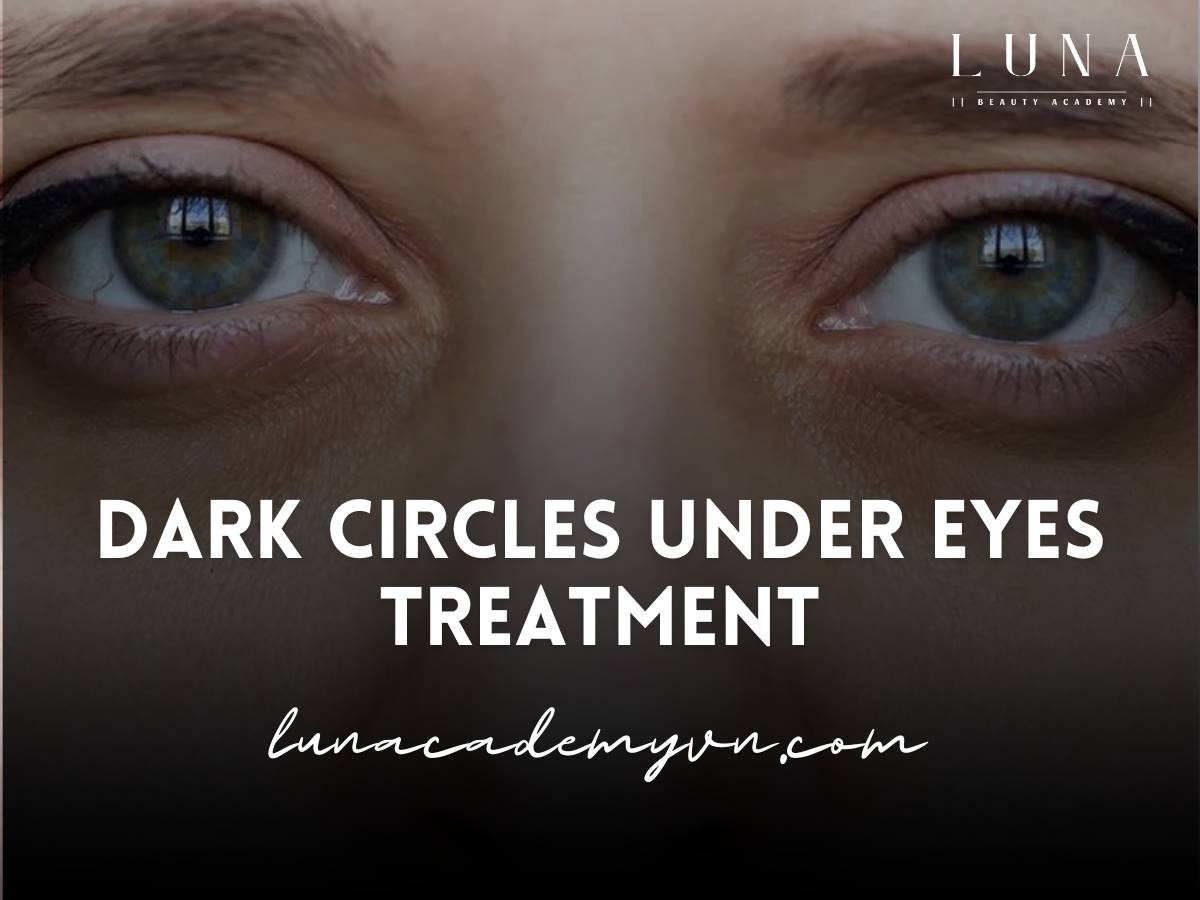Dark circles under eyes treatment are a prevalent issue that can impact people of all ages. They can give the appearance of fatigue, stress, or aging, and often lead to a decrease in self-confidence. In this article, we’ll explore the causes of dark circles, whether they are indicative of health issues, and the most effective treatments available, including the use of fillers.
Table of Contents
ToggleDark Circles Under Eyes
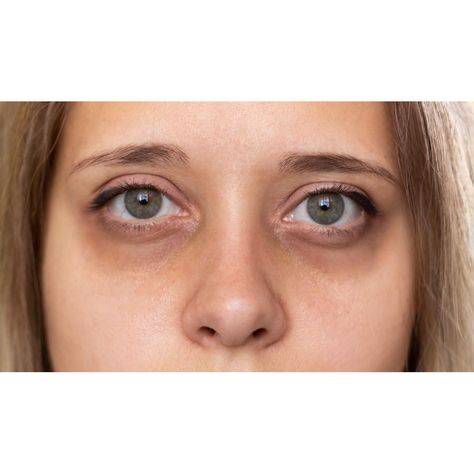
Dark circles under the eyes manifest as shadows or discoloration, typically darker than the surrounding skin. They can appear bluish, purplish, or brownish, depending on the individual’s skin tone and the underlying causes. This condition can affect both men and women and can be exacerbated by various factors, including lifestyle choices, genetics, and environmental influences.
The skin surrounding the eyes is especially delicate and thinner compared to the skin on other parts of the body, which makes it more prone to variations in pigmentation and blood flow. As such, dark circles can be particularly noticeable, leading individuals to seek effective treatment options.
What Causes Dark Circles Around the Eyes in Adults
Understanding the causes of dark circles under the eyes is crucial for finding the right treatment. Here are some common factors that contribute to this condition:
1. Genetics
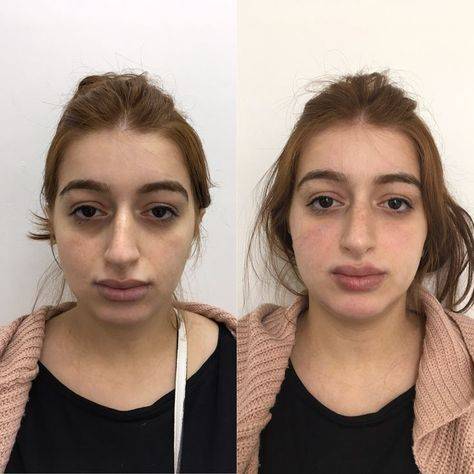
Genetics significantly influence the likelihood of developing dark circles. If your parents or grandparents experienced dark circles, you might also be more prone to having them. This hereditary trait can result in the skin under the eyes being thinner or having more pigmentation.
2. Aging
As we age, the skin loses collagen and elasticity, which can lead to sagging and the appearance of hollows under the eyes. This natural aging process can make blood vessels more visible, creating the appearance of dark circles.
3. Fatigue and Lack of Sleep
Lack of sleep can lead to a paler complexion, which makes dark circles more noticeable. Sleep deprivation can also lead to increased stress and fluid retention, resulting in puffiness around the eyes.
4. Dehydration
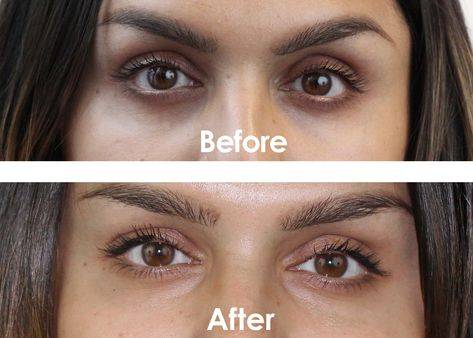
Not drinking enough water can cause the skin to look dull and make dark circles more visible. Staying properly hydrated is crucial for preserving skin elasticity and overall health.
5. Allergies
Allergic reactions can lead to inflammation and swelling, resulting in dark circles.
Allergies can trigger the release of histamines in the body, leading to the dilation of blood vessels and enhancing the visibility of darkness under the eyes.
6. Sun Exposure
Excessive sun exposure can lead to increased melanin production, resulting in hyperpigmentation around the eyes. Protecting the skin from UV rays is vital in preventing dark circles.
7. Lifestyle Choices
Unhealthy lifestyle choices, such as smoking, excessive alcohol consumption, and poor diet, can contribute to the development of dark circles. These habits can lead to poor circulation and decreased skin health.
Are Dark Circles Under Eyes a Sign of Illness?
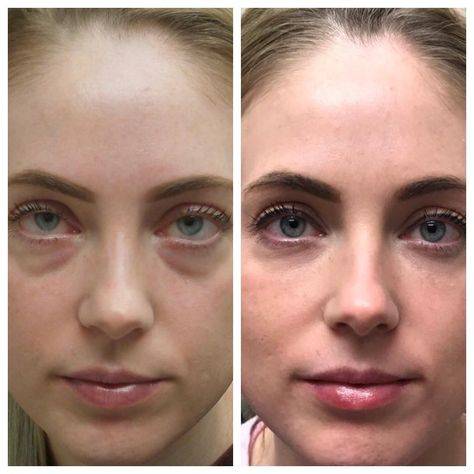
While dark circles under the eyes are often harmless and related to lifestyle factors, they can sometimes indicate underlying health issues. Here are some conditions that may present with dark circles:
1. Anemia
A deficiency in iron can lead to anemia, which may cause pale skin and increased visibility of dark circles. If you notice persistent dark circles alongside other symptoms of anemia (like fatigue, dizziness, or weakness), it’s essential to consult a healthcare professional.
2. Thyroid Disorders
Both hyperthyroidism and hypothyroidism can cause changes in the skin, including dark circles. If accompanied by symptoms like weight changes, fatigue, or mood swings, it’s crucial to seek medical advice.
3. Kidney Issues
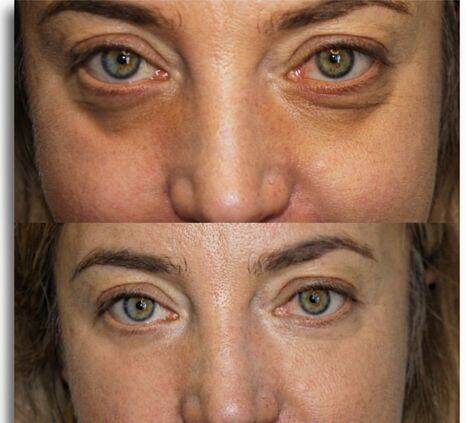
Dark circles can sometimes be linked to kidney problems, especially if they are accompanied by puffiness. This could indicate fluid retention or other issues that may require medical attention.
4. Other Medical Conditions
Conditions like eczema or other skin disorders may also contribute to dark circles. Allergies and chronic sinus problems can also lead to dark pigmentation under the eyes.
If dark circles are persistent and accompanied by other concerning symptoms, it’s always best to consult a healthcare professional to rule out any serious conditions.
MORE: 2ml Lip Filler Before and After Thin Lips
How to Get Rid of Dark Circles Under Eyes Fast
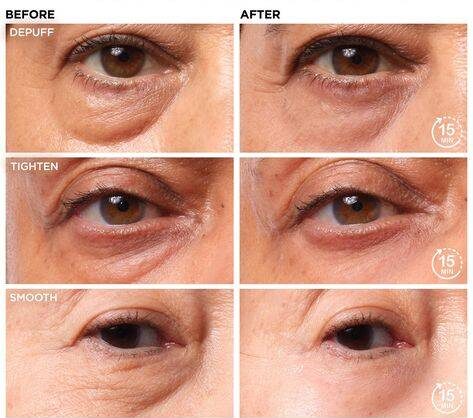
While it’s important to address the underlying causes of dark circles, there are several effective treatment options available for immediate relief. Here are some of the most popular methods, including the use of fillers:
1. Topical Creams and Treatments
Over-the-counter creams containing ingredients like retinol, vitamin C, and hyaluronic acid can help brighten the under-eye area and improve skin texture. These creams can gradually reduce the appearance of dark circles over time.
2. Cold Compresses
Applying a cold compress or chilled spoons to the eyes can help constrict blood vessels and reduce swelling. This method provides quick relief and can diminish the appearance of dark circles temporarily.
3. Hydration and Nutrition
Consuming ample water and following a balanced diet rich in vitamins and minerals can enhance skin health. Foods high in antioxidants, such as fruits and vegetables, can help combat oxidative stress that contributes to dark circles.
4. Adequate Sleep
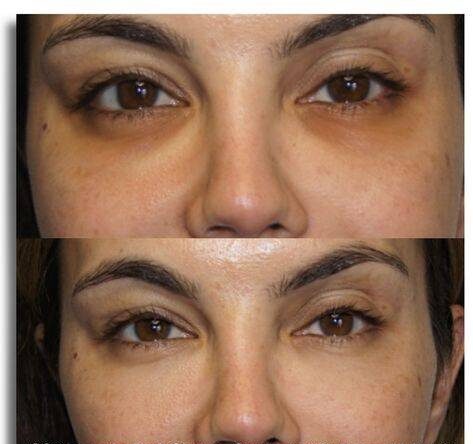
Prioritizing sleep is crucial for overall skin health. Aim for 7-9 hours of quality sleep each night to allow your body to recover and rejuvenate, helping to reduce the appearance of dark circles.
5. Allergy Management
If allergies are contributing to your dark circles, managing them through antihistamines or avoiding allergens can provide relief. Consult with a healthcare provider for appropriate treatment options.
6. Injectable Fillers
One of the most effective and immediate treatments for dark circles is the use of dermal fillers. Hyaluronic acid fillers can be injected into the tear troughs (the area under the eyes) to restore volume and reduce the appearance of shadows. This treatment not only plumps up the area but also improves the overall contour of the face.
Fillers can last from 6 months to a year, and the results are often noticeable immediately. However, it’s essential to have this procedure done by a qualified and experienced practitioner to minimize risks and achieve natural-looking results.
7. Chemical Peels and Laser Treatments
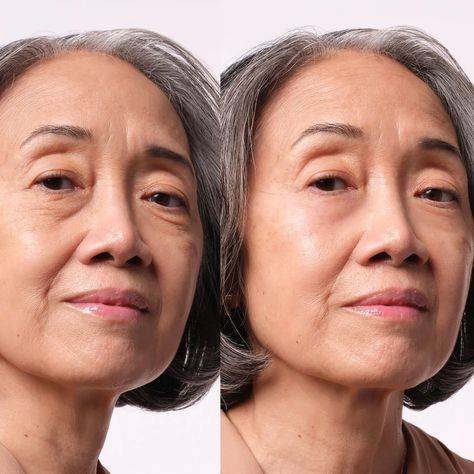
For more stubborn dark circles, chemical peels or laser treatments can help exfoliate the skin and promote collagen production. These procedures can improve skin texture and pigmentation, providing a longer-lasting solution.
8. Surgical Options
In severe cases, surgical procedures such as blepharoplasty may be considered. This surgery involves removing excess skin and fat from the under-eye area to create a smoother appearance.
Conclusion
Dark circles under the eyes can be a source of concern for many individuals, but understanding their causes and treatment options can empower you to seek effective solutions. From lifestyle adjustments to advanced treatments like fillers, there are various ways to address this common issue.
If you’re struggling with dark circles, consider consulting a dermatologist or skincare professional to explore the best treatment options for your specific needs. By taking proactive steps, you can achieve a brighter, more refreshed appearance and boost your self-confidence.
Contact us via other platforms if you have any questions or requests that need to be answered quickly.
Tiktok: www.tiktok.com/@lunabeautyacademy6
Hotline: 034 254 0228
Email: lunabeautyacademy@gmail.com
Address: No. 29, Alley 140/1/2, Lane 140 Nguyen Xien, Thanh Xuan, Hanoi
Luna wishes you success and hopes you will have the best experience at the academy, thank you for reading this article

